Holly Matto, PhD, MSW
Education
PhD, Social Work, University of Maryland | MSW, University of Michigan
Research Focus
I conduct clinical intervention research that examines the effects of integrating creative arts into traditional behavioral health treatment for a variety of clinical populations. Over the past five years I have been working with colleagues on the development of a wearable device to manage stimulus cues and reduce drug relapse by detecting neurophysiological reactivity and delivering a device-activated personalized real-time intervention. Developing real-time interventions that help patients monitor their biobehavioral state and strategically deliver personalized patient-specific recovery cues to manage drug stimuli reactivity in real-time and in natural environments, may help manage craving and reduce relapse risk post-treatment. We are currently expanding our “recovery cue paradigm” to include larger systems of care and communities of recovery, using mathematical modeling to estimate “recovery contagion” and how recovery interventions can accelerate the spread of recovery within communities, post-institutionalization.
Current Projects
■ We believe that our current “recovery cue” paradigm has significant potential for intervention with those who have experienced trauma. Our new project will examine this recovery model that seeks to incorporate technology-based solutions for community-dwelling symptom management and sustained healing post-discharge. The broad aim of our mobile recovery support system is to reduce avoidance symptomology and promote social integration back into the community after inpatient trauma services.
Select Publications
Peterson Hall | 4408 Patriot Circle, Fairfax, VA 22032
